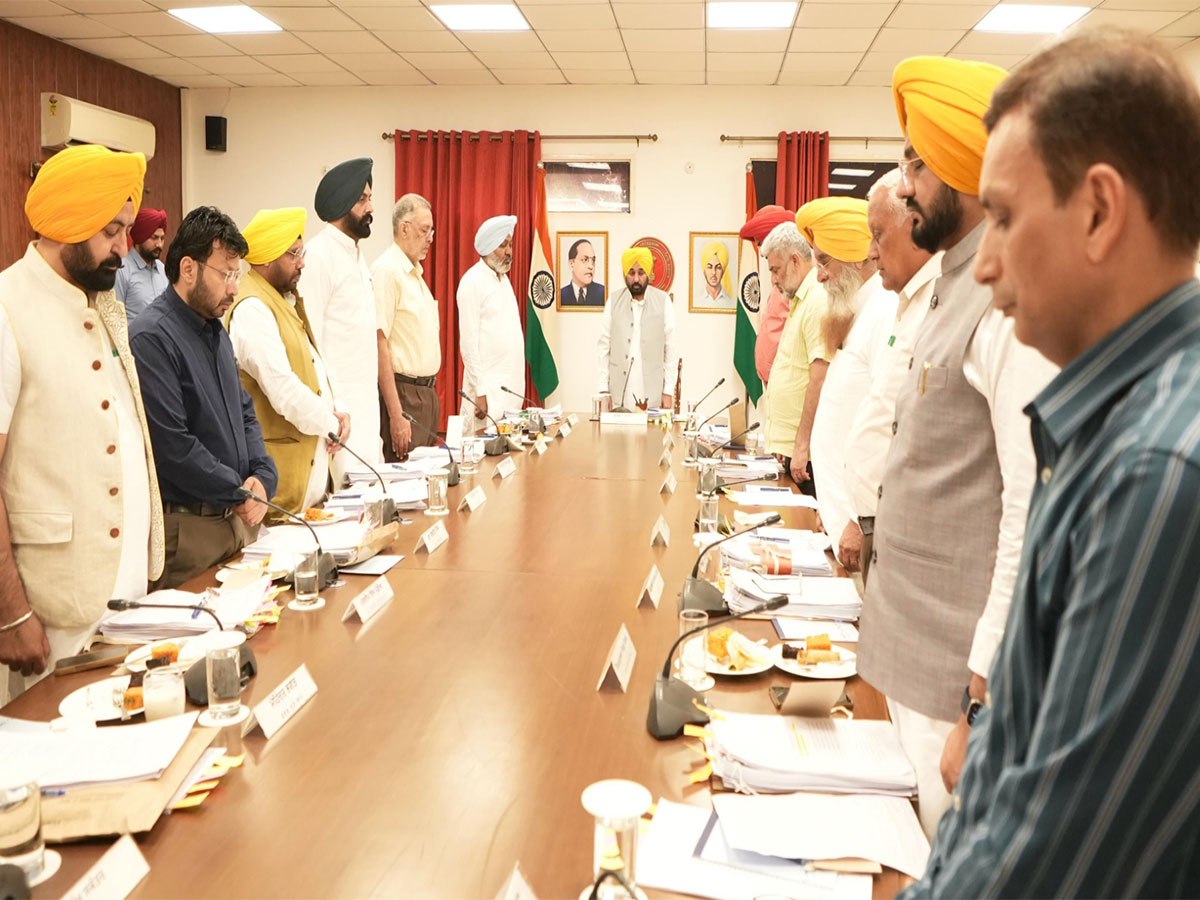
"Sanjay Raut speaks same as Pakistan and ISI": Shiv Sena MP Naresh Mhaske over UBT leader's remarks on Pahalgam attack
Apr 24, 2025
Mumbai (Maharashtra) [India], April 24 : Shiv Sena MP Naresh Mhaske on Thursday slammed Shiv Sena (UBT) leader Sanjay Raut's remarks on the Pahalgam attack which claimed the lives of 26 people and left many injured.
Speaking to ANI, Mhaske claimed that Raut should be inquired as he talks the same as Pakistan and ISI.
"Sanjay Raut is taking constant U-turns on this incidence, at one time, he demands resignation of Union Home Minister, then expresses support for the decisions of the central government and then again demands resignation. I demand that Sanjay Raut should be inquired as he talks the same as Pakistan and ISI," Mhaske said.
In a post on X on Tuesday, Sanjay Raut demanded the resignation of Union Home Minister Amit Shah over the Pahalgam attack.
"Resign! All the time is spent in making and toppling governments! The mind is busy 365 days a year in plotting to eliminate political opponents," Raut said.
"People's safety is in the hands of God! Now even Ram is fed up with these people! Resign. Do a favor to the country!" the Shiv Sena (UBT) MP said.
Terrorists attacked tourists at Baisaran meadow in Pahalgam on Tuesday, killing 25 Indian nationals and one Nepali citizen while leaving several others injured, in one of the deadliest attacks in the valley since the 2019 Pulwama strike in which 40 CRPF jawans were killed.
The incident has sparked nationwide outrage, with widespread protests erupting across the country, demanding stricter action against Pakistan over the Pahalgam attack.
Following the terror attack, the Central government announced several diplomatic measures, such as closing the Integrated Check Post (ICP) at Attari, suspending the SAARC Visa Exemption Scheme (SVES) for Pakistani nationals, giving them 40 hours to return to their country, and reducing the number of officers in the High Commissions on both sides.
India also halted the Indus Waters Treaty signed in 1960 in the wake of the Pahalgam attack.





















